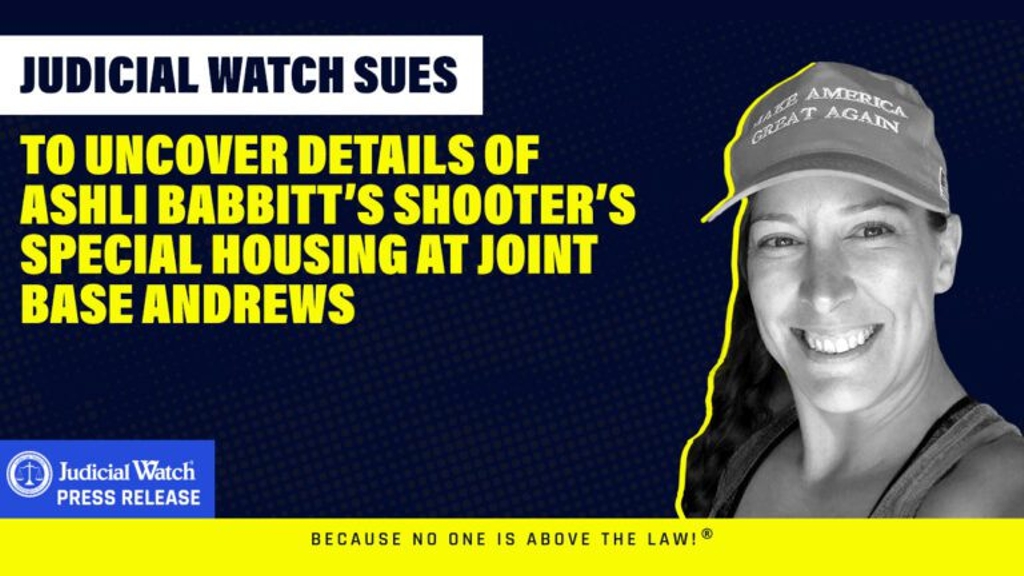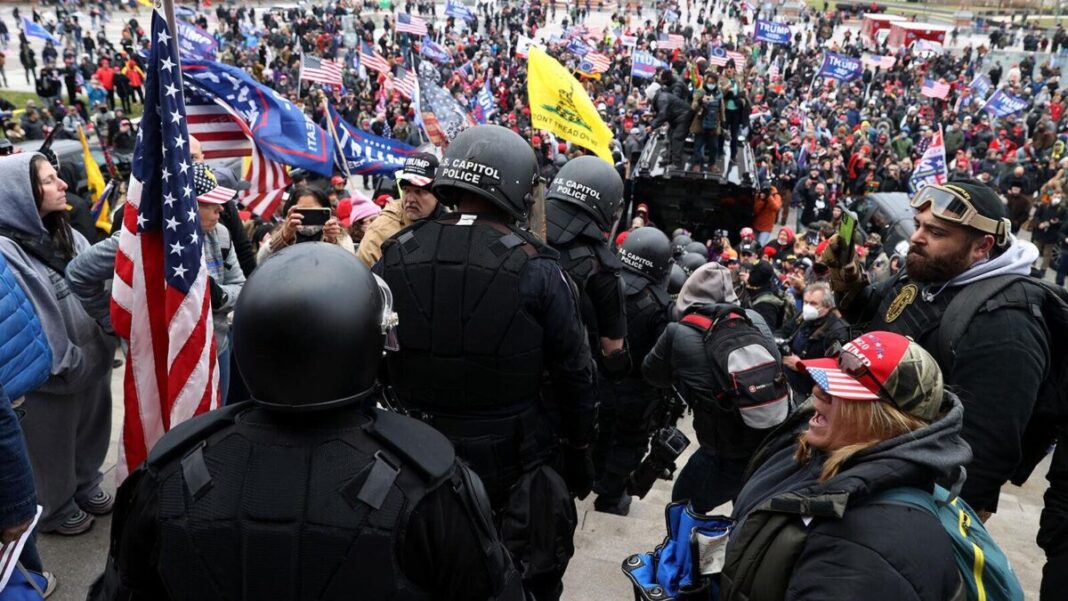A new policy was implemented last week by the FBI’s National Instant Criminal Background Check System (NICS), which seeks to collect the addresses of gun purchasers in a bid to comply with new federal law.
Federally licensed firearms dealers (FFLs) will now be required to provide the FBI with the personal addresses of individuals who attempt to make a purchase but are denied or have a delayed transaction. The FBI will also provide local law enforcement with details of failed transactions, which include delayed transactions, as well as the personal information of rejected individuals. Earlier, firearms dealers only had to provide a purchaser’s state of residence rather than their full address in case of denial or delay.
The change in policy follows President Joe Biden signing the appropriations package for fiscal 2022 in March. The package contained the Violence Against Women Act Reauthorization Act (VAWA) which includes the NICS Denial Notification Act.
In an FBI email obtained by Gun Owners of America (GOA), the agency details how the new policy will be implemented.
“The NICS Denial Notification Act of 2022 requires the FBI’s NICS Section to notify state, local, or tribal law enforcement of all FBI NICS denied transactions within 24 hours. The FBI must provide notification to law enforcement based upon the location of the FFL and if different, the purchaser’s address,” the email states.
The FFLs must provide a buyer’s complete address to the NICS as recorded on the Bureau of Alcohol, Tobacco, Firearms, and Explosives (ATF) Form 4473 when transactions get “denied or delayed.”
“The address information will be required before the status can be provided or retrieved either by the NICS contracted call center or via the NICS E-Check.”
[https://www.gunowners.org/gitn10012022/]
The Epoch Times has reached out to the FBI.
Overreach by the FBI?
The Central Texas Gun Works, a gun rights association, has slammed the new move, calling it unconstitutional.
In a Sept. 27 press release, Michael Cargill, owner of the group, questioned the mandate requiring FFLs to record addresses of customers whose transactions are merely delayed despite being ultimately approved for a firearm transaction.






